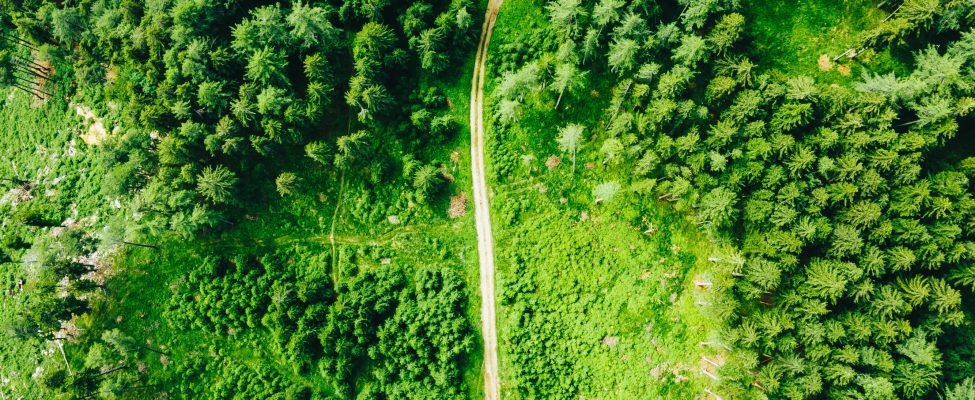EU Deforestation Regulation (EUDR). EU adopts new rules to limit deforestation.
The European Union has embraced a new regulation to restrain the negative impact of the EU market on global deforestation and the degradation of forests worldwide. Simultaneously, it aims to safeguard the rights of indigenous communities. This regulation, known as the EU Deforestation Regulation (EUDR), imposes due diligence on companies that place goods linked to deforestation and forest degradation on the EU market. These goods include: beef, cocoa, coffee, palm oil, rubber, soy and wood.

The European Union has embraced a new regulation to restrain the negative impact of the EU market on global deforestation and the degradation of forests worldwide. Simultaneously, it aims to safeguard the rights of indigenous communities. This regulation, known as the EU Deforestation Regulation (EUDR), imposes due diligence on companies that place goods linked to deforestation and forest degradation on the EU market. These goods include: beef, cocoa, coffee, palm oil, rubber, soy and wood.
Under the EUDR, seven commodities and their associated products must meet the requirements related to deforestation and forest degradation to be sold or exported in the EU market.
Entrepreneurs and traders who want to place these products on the EU market or export from the EU must implement a system of legality checks by performing a risk assessment and obtaining the geographical location coordinates (latitude and longitude) of the plots of land where the relevant goods were produced or obtained, as well as production dates or time range. In order to clear the goods, entrepreneurs will have to submit a declaration of legality checks together with the customs declaration, a centralized information system controlled by state institutions will be created for the input and storage of this information.
The EUDR does not apply to goods manufactured before the implementation of the regulation (except for wood products subject to EUTR requirements) or to goods made entirely from material that has reached the end of its product life cycle and would otherwise be disposed of as waste.
| Included commodities | Examples of derived products |
| Cattle | Leather, Meat |
| Cocoa | Cocoa butter, Chocolate |
| Coffee | Coffee, Coffee substitutes containing coffee |
| Oil palm | Palm nuts, Palm oil derivatives, Glycerol |
| Rubber | Pneumatic tyres and inner tubes, Apparel made with vulcanised rubber |
| Soya | Soy beans, Soy-bean flour and oil |
| Wood | Fuel wood, Furniture, Casks, Pulp and paper, Printed books |
Due diligence process
Before introducing the relevant products to the EU market or exporting them, entrepreneurs and traders must submit a declaration of legality to the competent authority. The purpose of this requirement is to guarantee that goods entering the EU market have not been obtained from lands or territories where forest degradation or deforestation has occurred since 31 December 2020.
To adhere to this regulation, operators and traders must:
- Collect detailed information that demonstrates the products comply with the EUDR;
- Carry out a risk assessment in relation to each product to ascertain the possible risk of non-compliance with the EUDR;
- Mitigate risks by carrying out independent surveys/audits, gathering additional documentation, or working with suppliers.
Operators and traders must conduct comprehensive risk assessments that take into account whether the goods have been produced in compliance with applicable local laws, while explicitly upholding the principle of free consent of indigenous peoples.
One of the recent developments in regulation is related to the European Commission’s initiative to create centralized risk assessments, or “national benchmarks”. This benchmarking system will classify countries into low, standard, or high risk categories, which will help classify goods or products as low, standard, or high risk for deforestation, respectively.
Operators who procure goods from countries identified as “low-risk” by the European Commission will be eligible for a simplified due diligence process. This means that they will be exempted from performing the second and third steps of due diligence, namely risk assessment and risk mitigation. However, Operators will still be obligated to carry out the initial step of due diligence, which involves gathering information about their supply chains. This includes obtaining geo-localization data pertaining to forest or farm production areas.
Source: https://www.europarl.europa.eu/doceo/document/TA-9-2023-0109_LV.html